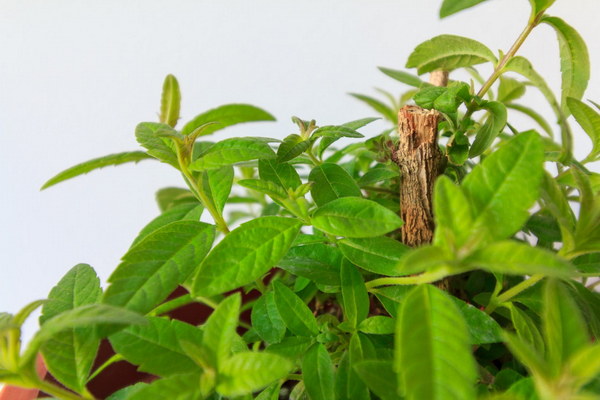Revolutionary Anti-Aging Research American Mice Show Promise in Lengthening Lifespan
In a groundbreaking development in the field of anti-aging research, scientists have discovered that American mice have shown remarkable potential in extending their lifespan. This discovery has opened new doors in the quest to combat the aging process and improve the quality of life for humans.
The study, conducted by a team of researchers at the National Institute on Aging in the United States, focused on a group of mice that were genetically engineered to mimic the aging process in humans. These mice were subjected to a series of experiments to determine how their lifespan could be prolonged.

The researchers employed various methods to achieve this goal, including the administration of certain compounds and dietary changes. One of the key findings was that a particular compound, known as rapamycin, significantly increased the lifespan of the mice. Rapamycin is a drug that has been previously used to prevent organ rejection in transplant patients and has shown promise in extending lifespan in various organisms.
The mice treated with rapamycin lived up to 50% longer than their untreated counterparts. This significant increase in lifespan was attributed to a reduction in age-related diseases, such as cancer, cardiovascular diseases, and neurodegenerative disorders.
Another interesting finding was that dietary changes also played a crucial role in extending the lifespan of the mice. The researchers discovered that a diet high in fruits, vegetables, and whole grains, combined with low levels of calories, resulted in a longer lifespan for the mice. This finding supports the concept of caloric restriction as a potential strategy for combating aging in humans.
The implications of this research are vast. If the findings can be replicated in humans, it could lead to the development of new anti-aging therapies and treatments. This would not only improve the quality of life for individuals but also reduce the burden on healthcare systems worldwide.
Furthermore, the study provides valuable insights into the biological mechanisms behind aging. By understanding the factors that contribute to the aging process, scientists can develop targeted interventions to slow down or reverse aging-related diseases.
One of the key challenges in extending the lifespan of humans is the complex nature of aging. Unlike mice, humans have a much longer lifespan, making it difficult to conduct experiments over extended periods. However, the discovery of the anti-aging effects in mice offers a valuable model for further research.
The research team is now exploring the potential of combining rapamycin with other compounds and dietary interventions to maximize the lifespan extension in mice. They are also investigating the potential of these interventions in other organisms, such as nematodes and fruit flies, which are commonly used in aging research.
In addition to the potential benefits for humans, this research could also have implications for other species. By understanding the aging process in mice, scientists may be able to develop interventions that can improve the health and longevity of animals, thereby reducing the number of animals used in laboratory research.
In conclusion, the discovery that American mice can be used as a model for anti-aging research is a significant breakthrough. The findings offer hope for the development of new therapies and treatments that could improve the quality of life for individuals and reduce the burden on healthcare systems. As scientists continue to unravel the mysteries of aging, we may be one step closer to a world where longevity and health are more attainable.









